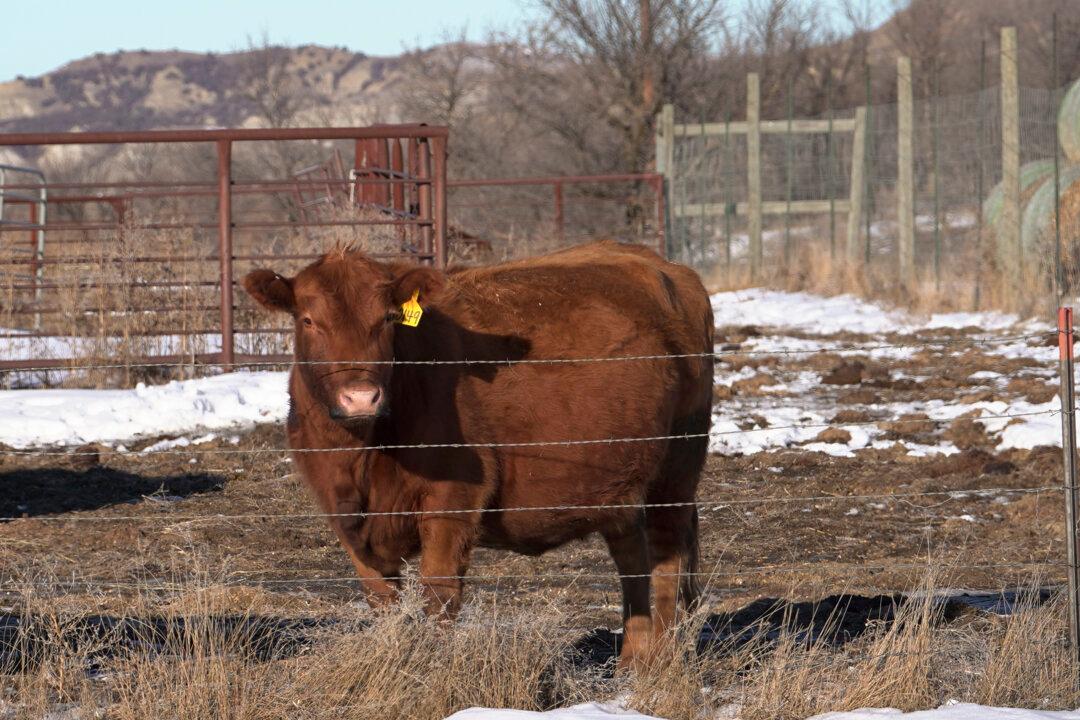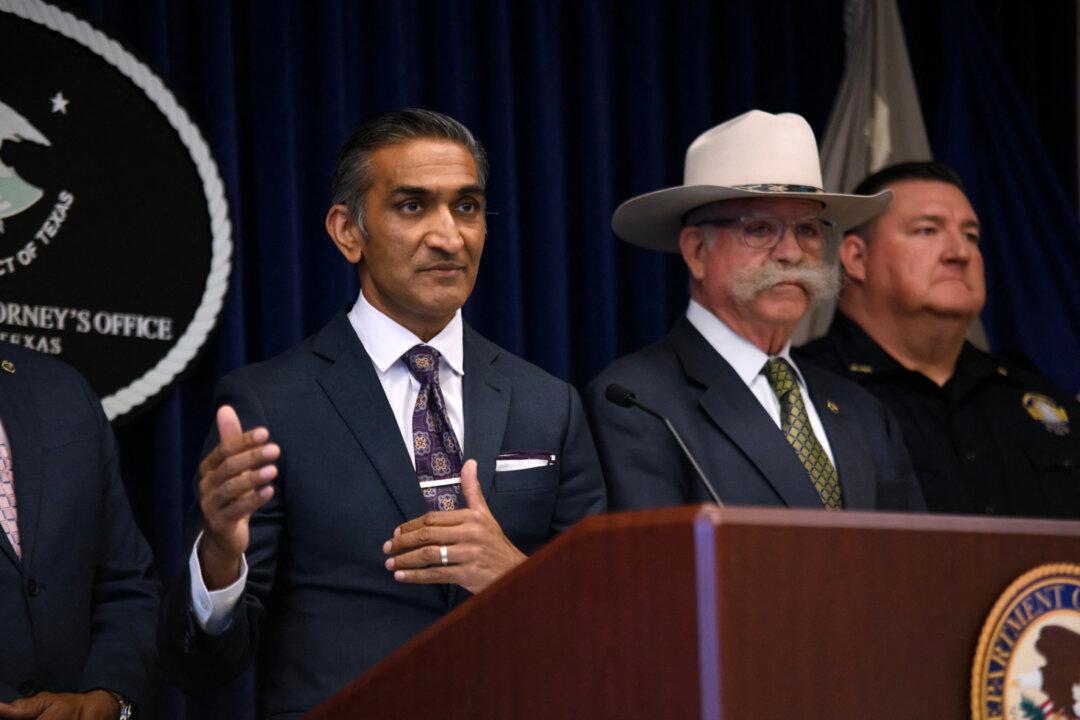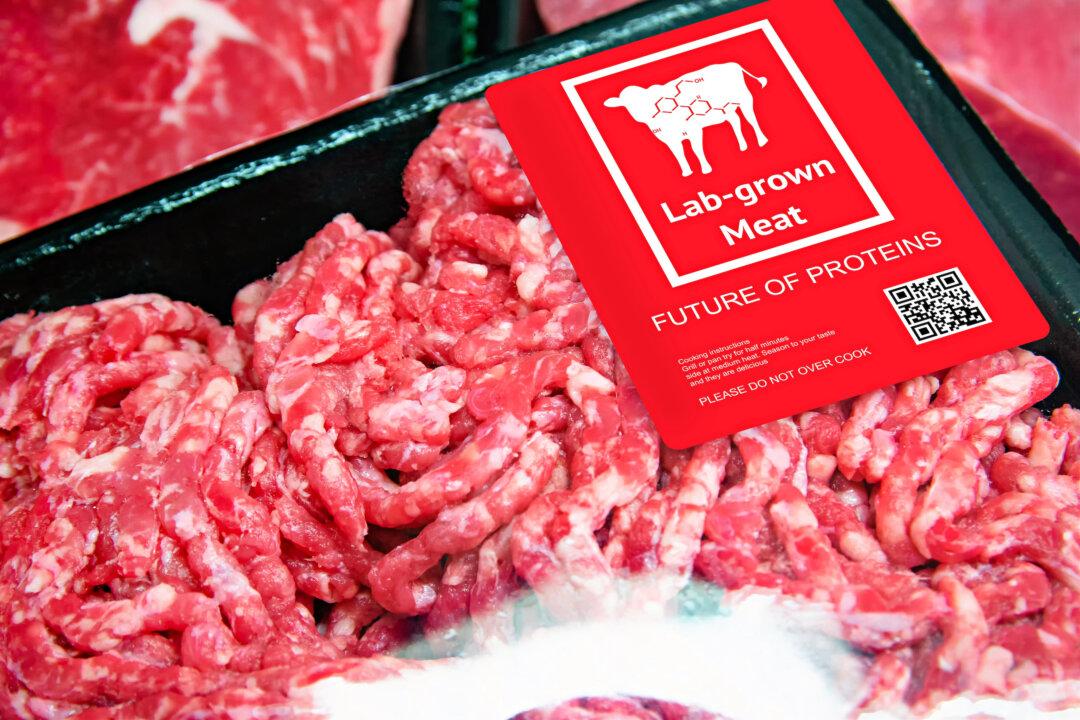A passage in the upcoming omnibus bill which includes $15 million to electronically track livestock could be weaponized by the government to limit beef consumption, according to critics.
The omnibus bill, proposed on Sunday and combining six essential spending bills into one ahead of the Friday deadline to avert a partial government shutdown, includes text that allocates $15 million to “related infrastructure” needed for the program.





